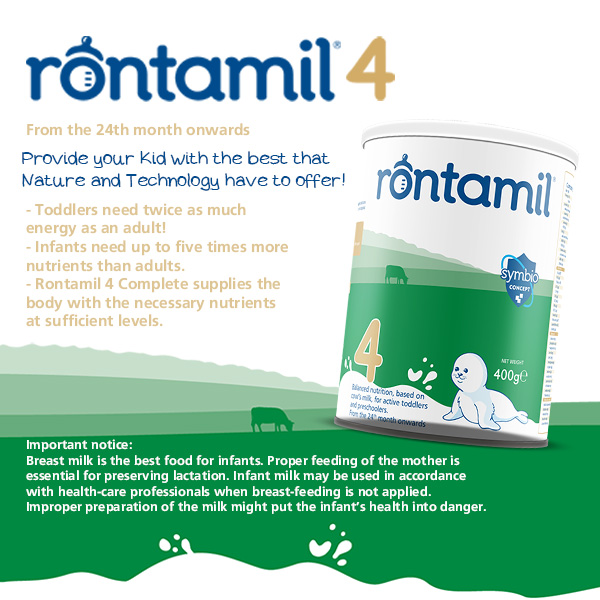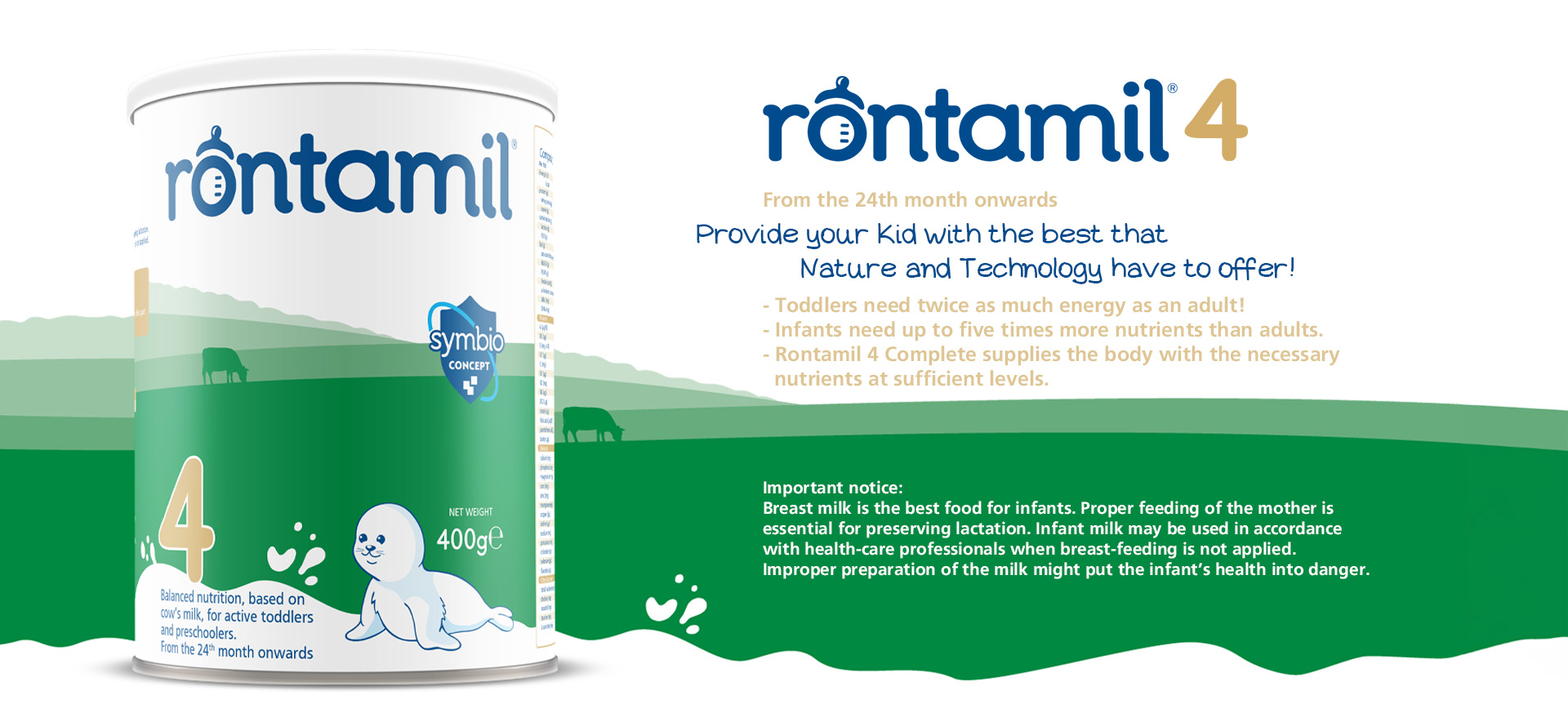Select your baby’s birth date or your due date.
Calendar
Nutrition: enteral nutrition for the preterm infant
This clinical guideline from Great Ormond Street Hospital (GOSH) discusses nutritional requirements for preterm infants receiving enteral nutrition. It does not give guidance on the prescription of parenteral nutrition (PN).
Definitions relating to prematurity and birthweight
Prematurity
• Preterm: birth date before 37 completed weeks gestation. Gestational age: time elapsed between the first day of the last menstrual period and the day of delivery.
• Number of weeks preterm: 40 weeks minus gestational age.
• Chronological age: time elapsed since birth.
• Postmenstrual age: gestational age plus chronological age in weeks.
• Corrected age: chronological age minus number of weeks preterm.
(Royal College of Paediatrics and Child Health, (RCPCH) 2011)
Birthweight
• Birthweight is the first weight of the newborn obtained after birth (ideally within one hour of delivery).
• Low birthweight (LBW)<2,500 g.
• Very low birthweight (VLBW)<1,500 g.
• Extremely low birthweight (ELBW) <1,000 g.
(UNICEF & WHO, 2004)
Nutritional requirements
Introduction
Preterm infants have higher nutrient requirements than term infant. Parenteral nutrition is necessary to meet nutritional requirements while enteral feeds are established in the following groups of infants:
• Birthweight <1,000 g
• Gestational age <30 completed weeks
• Failure to establish enteral nutrition (≥100 ml/kg/day) by day 5 of life regardless of gestation or birthweight.
International references
There are no UK guidelines for enteral feeding of preterm infants and so international references are used (Tsang et al., 2006), (Agostoni et al., 2010) (Koletzko et al., 2014). The 2010 European Society for Paediatric Gastroenterology, Hepatology and Nutrition (ESPGHAN) guidelines (Agostoni et al., 2010) form the basis of this document.
The ESPGHAN recommendations categorize infants according to body weight rather than birthweight.
Recommendations are expressed as ranges of enteral intakes for stable growing preterm infants up to a body weight of approximately 1,800 g, although most infants <2,000 g will benefit from them. See Appendix for summary of ESPGHAN recommendations.
Working weight
Use the patient’s actual weight when calculating nutrient requirements, unless the actual weight is lower than the birthweight or their highest dry weight, in which case birthweight or highest dry weight should be used (a patient’s dry weight is their weight when they are not fluid overloaded).
Growth
Intrauterine growth rate (~15 g/kg/day) is the most used and accepted standard for preterm growth, but it is difficult to achieve in practice (Tsang et al., 2006).
Energy and protein are the two major nutrients that affect growth, and so a key goal of nutritional management is to facilitate adequate delivery of both. Accelerated growth in preterm infants should be avoided.
Energy requirements
Energy requirements for preterm infants are estimated to be 110–135 kcal/kg/day (Agostoni et al., 2010) compared to 96–120 kcal/kg/day for term infants (range for term infants depends on method of feeding) (Scientific Advisory Committee on Nutrition (SACN), 2011).
Infants with intrauterine growth restriction (IUGR) do not necessarily have higher requirements than their appropriately grown counterparts; understanding the cause of the IUGR should guide decision making relating to energy requirements for these babies.
Protein requirements
Recommended protein supply for preterm infants:
• Infant body weight 1–1.8 kg 3.5–4 g/kg/day
• Infant body weight <1 kg 4–4.5 g/kg/day • There is no benefit to feeding >4.5 g/kg/day
Protein to energy ratio
Protein to energy ratios must be considered for all preterm infants.
ESPGHAN recommended protein to energy ratios
• Infant body weight 1–1.8 kg 3.2–3.6 g/100 kcal (12.8–14.4%)
• Infant body weight <1 kg 3.6–4.1 g/100 kcal (14.4–16.4%)
Long-chain polyunsaturated fats (LCPs)
LCPs are conditionally essential in preterm infants.
Breast milk contains a full complement of all polyunsaturated fatty acids including precursors and metabolites.
ESPGHAN recommended intakes for LCPs
• DHA 12–30 mg/kg/day or 11–27 mg/100 kcal.
• AA 18–42 mg/kg/day or 16–39 mg/100 kcal.
Prebiotics and probiotics
Probiotics are beneficial bacteria and prebiotics are their preferred substrate. Breast milk contains probiotics and >130 prebiotics.



